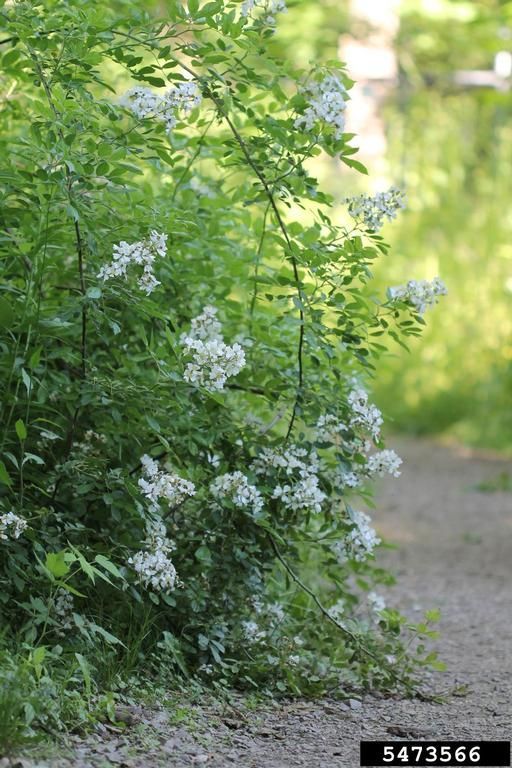$100,000 in U.P. Deer Habitat Improvement Partnership Initiative Grants Available
Read the full Department of Natural Resources (DNR) press release HERE .
Now in its 13th year, the Deer Habitat Improvement Partnership Initiative (DHIPI) grant was created to improve deer habitat on private lands in the Upper Peninsula. Since the inception of the initiative, these grants have been received throughout the Upper Peninsula and have funded more than 90 projects. This has led to thousands of acres of habitat improvement.
Those interested are encouraged to apply for DHIPI funds for 2021 habitat projects. A total of $100,000 is available, with the maximum amount of individual grants being $15,000 and the minimum $2,000.
According to Bill Scullon, DNR field operations manager and administrator for the grant initiative, in a DNR press release on February 8, applicants should aim to meet three goals with their projects. “The projects should produce tangible deer habitat improvements, build long-term partnerships between the DNR and outside organizations and showcase the benefits of the project to the public.”
Project applications for the DHIPI grant must be postmarked by Friday, March 12 and successful applicants will be notified by Thursday, April 1. The complete grant application package is available on the DNR website at www.michigan.gov/dnr-grants .
The post $100,000 in U.P. Deer Habitat Improvement Partnership Initiative Grants Available appeared first on Michigan United Conservation Clubs.
Recent Posts



